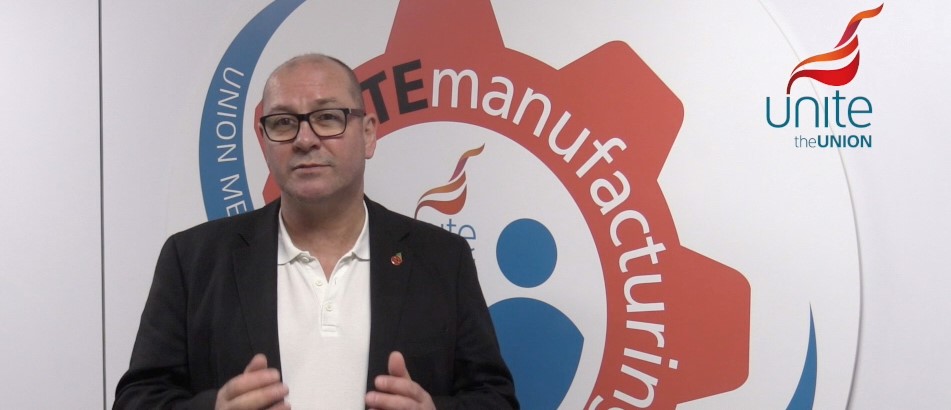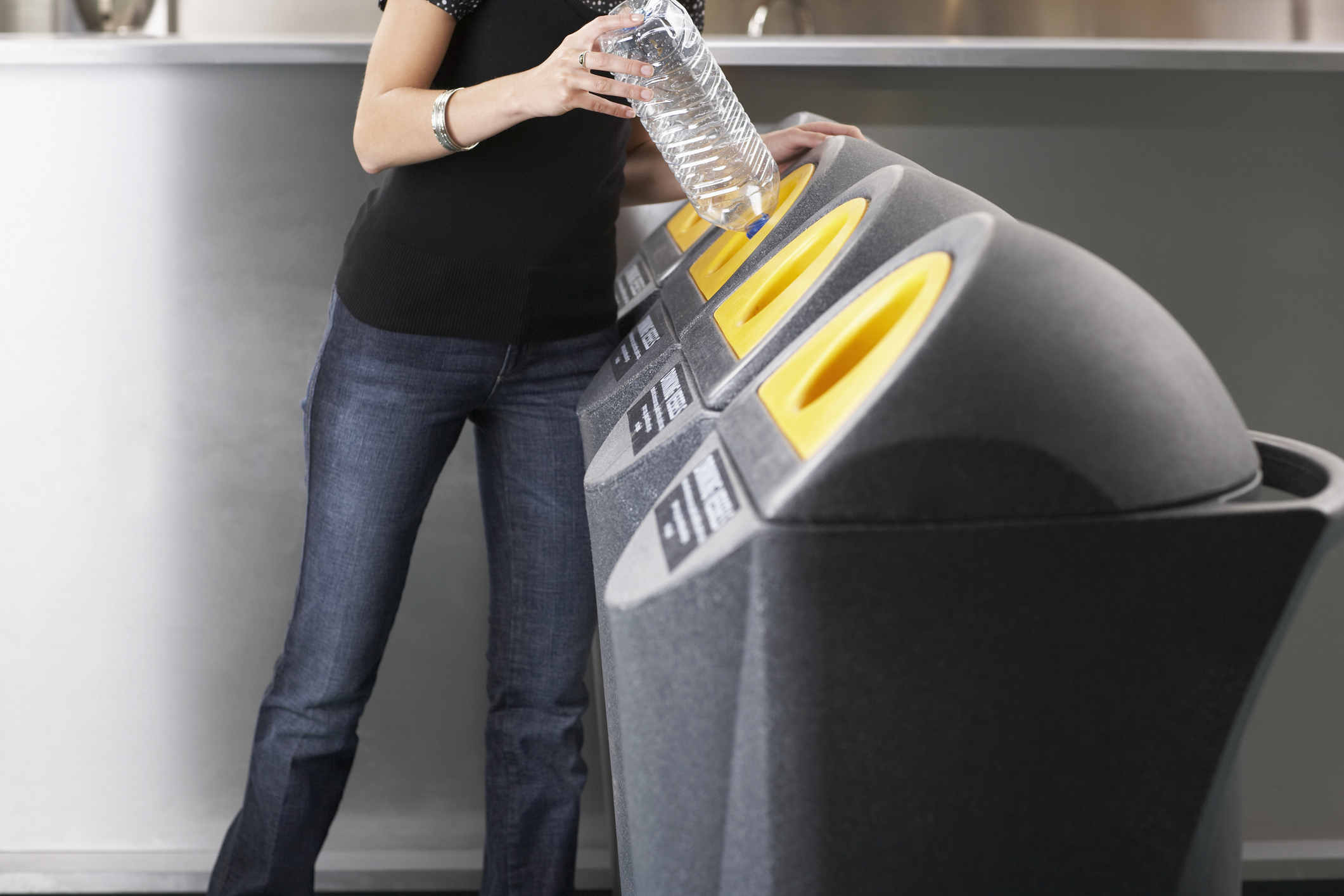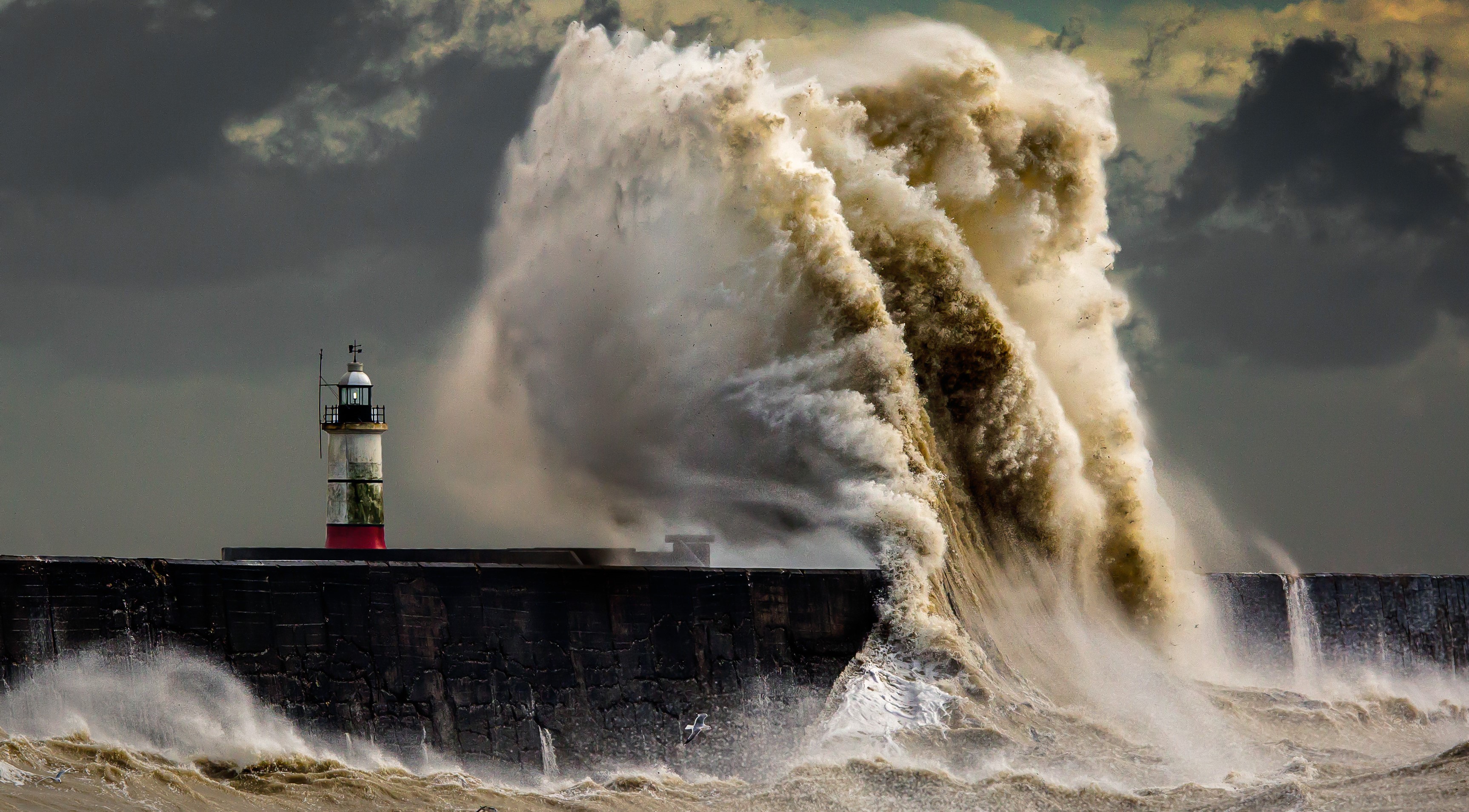Bees or bust
We hear their buzzing drone and we’re enchanted. As we enjoy the site of an amber and black striped bumble on a lavender spike we shouldn’t forget two things: that numbers have fallen and we cannot survive without them.
Covered in pollen, our bees are often overlooked. But they are essential to, not only our economy, but the very future of our food production. Without bees everything from apples and pears to turnips and tomatoes would be nearly impossible to grow.
Use of neonicotinoids pesticides (neonics) has led to their sad demise. The EU Parliament halted their use in 2013 – but it looks like the UK government could overturn the decision – after lobbying from the pesticides giants.
Public outrage
Public outrage in 2014Â managed to pressure the previous environment minister to uphold the ban. The pesticide industry tried to pull the same trick, but a combination of a huge petition, thousands of emails, and even an early morning demonstration outside Downing Street forced them to back down.
But according to petition group 38 degrees, in an unspecified short while the environment minister Liz Truss may well allow these banned toxic chemicals to be used again on UK fields. If the Liz Truss decides to rubber stamp a request to ignore the European ban on bee-killing pesticides, farmers will be allowed to spray them on our fields this autumn.
A recent article in the Unite magazine, Landworker, investigated a report in The Ecologist about the threat to the bees – and our food security that lifting this ban would mean.
“If modern farmland cannot sustain bees, can it really sustain us in the long term?” is the question posed by Professor David Goulson, a specialist in the ecology and conservation of bumblebees at the University of Sussex.
He has warned that an EU moratorium on the use of neonicotinoids – a class of insecticides that paralyses the central nervous system – comes to an end in December and he fears it may lapse.
It was following Professor Goulson’s research and another French study on the exposure of bees to neonicotinoids that European Parliament agreed a ban in 2013, despite the opposition of the UK Tory-Lib Dem government.
The research showed that these insecticides reduced colony growth, caused an 85 per cent drop in production of new queens, and impaired honeybee navigation, possibly leading to colony collapse if sufficient worker bees became lost.
Writing in The Ecologist, Professor Goulson says, “There was fierce lobbying against the moratorium, a lot of spurious criticism of the science, and wild claims that crop yields would plummet without neonicotinoids.
“It prohibits the use of three commonly used neonicotinoids on flowering crops such as oilseed rape, or the sowing of treated seeds during the spring or summer, when bees are foraging.
“But it allows the continued use of neonicotinoids on crops such as winter wheat, on horticultural crops, in gardens, and on domestic pets.
“At some point soon a decision will need to be taken as to whether the moratorium should continue, or be allowed to lapse.”
Professor Goulson says that the neonicoitinoids and bees debate raises broader issues about food production and sustainability.
“The regulatory system for pesticides – which does not take into account sub-lethal effects, chronic effects, or simultaneous exposure to multiple pesticides and other stressors – is woefully inadequate in capturing what actually happens in the real world.
“How do we feed people without wiping much biodiversity from the planet, degrading soils and polluting natural habitats?
“Is the current model of food production, based on intensive monocultures dependent on very high levels of agrochemical inputs – and, in the EU, on enormous subsidies from the taxpayer – the best way forwards?
“Bees epitomise this debate: if modern farmland cannot sustain bees, can it really sustain us in the long term?”
People power
People power could protect our bees once again. If you can help please sign the petition to Liz Truss now, and demand that she protects our bees and our countryside.
Already over 400,000 of us have signed the emergency petition - it’s not too late but we need to act fast.
Campaigners believe if the minister sees how much public anger there’ll be if she does the bidding of the chemical industry bosses rather than protecting our environment, she’ll be forced to do the right thing.
Email Liz Truss today: 38degrees.org.uk/save-our-bees
See here for more on the campaign
 Like
Like Follow
Follow


